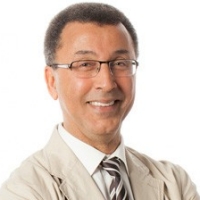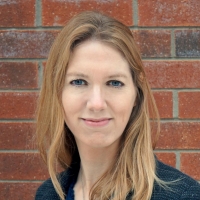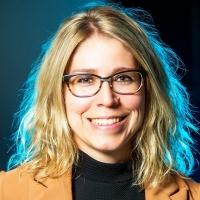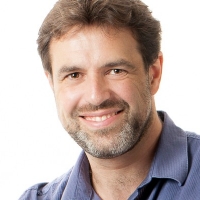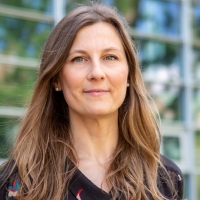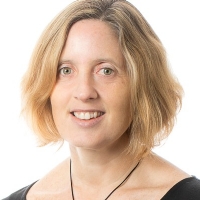Dr. Benali was the director of the unit INSERM 678, Laboratory of Functional Imaging of the French National of Health and Medical Research (INSERM) until 2013, and deputy director of Biomedical Imaging Laboratory, INSERM - The National Center for Scientific Research (CNRS) and Paris 6 University (UPMC), France, until January 2016. He was also the co-director of the International Laboratory of Neuroimaging and Modelisation of the INSERM-UPMC and Montreal University until 2015.
Dr. Benali is currently the Scientific Director at the PERFORM Centre and a Professor in the Department of Electrical and Computer Engineering, Faculty of Engineering and Computer Science, at Concordia University Montreal, QC, Canada. His current research group interests are in human brain computational modelling and functional connectivity analysis using multimodal analysis of electromagnetic and hemodynamic processes in the brain and spinal cord. He developped mathematical models to better understand the mechanisms of brain activity and neurovascular coupling using (BOLD fMRI, MRS, EEG, optical imaging) signals. He proposed macroscopic models of the spatial extent of the anatomical networks and their functional dynamics. The overarching goals of his research program is to address the problem of developing models for the numerical simulation of the humain brain activity and physiopathological neurodegenerative disease through an integrated biomedical approach.
